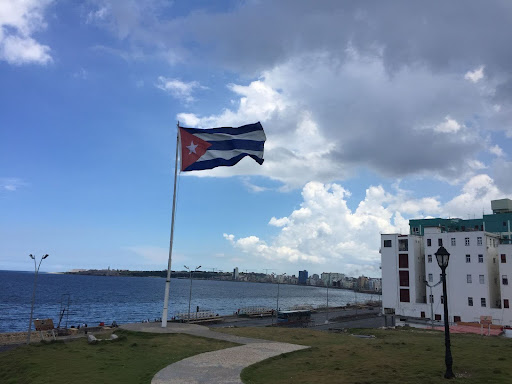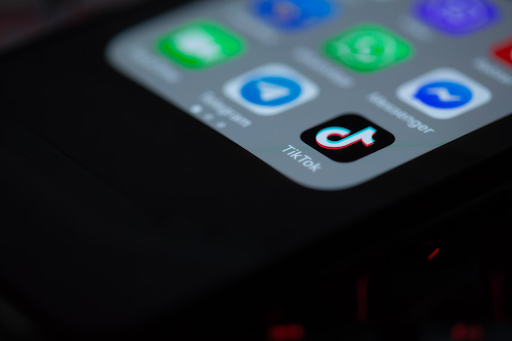
By the age of 14, I had already done something the majority of the American population hadn’t. Due to my grandfather’s decades of activism, I was fortunate enough to visit Cuba. I visited the Tropicana club, smoked my first cigar and even traveled to the Bay of Pigs. Back then, I was not mature enough to grasp the weight of my experiences.
I am now.
To truly understand everything our country imposes on the island just 90 miles off the coast of Florida, one must first understand the history of the wedge between the two. Directly after the Spanish-American War, the United States and Cuba agreed on a lease of sorts. The U.S. would occupy the area of Guantanamo while compensating Cuba periodically. Once Fidel Castro came to power, he wanted to end the agreement, claiming that while the U.S. was paying for their right to stay, it was still Cuban soil. This marked the beginning of the poor treatment towards Cuba — as the U.S. philosophy was to make life as hard as possible for the Cuban people with hopes of the citizens overthrowing their government to make way for a democracy.
Fast forward to 2015, and tensions began to dissolve. Under President Barack Obama, Cuba was removed from the State Sponsors of Terrorism list. Just as it seemed the U.S. was ready to make amends with the island after years of turmoil following the Cuban Missile Crisis, President Donald Trump reversed the strides that were made under the Obama administration. During his final hours in power, Trump added Cuba back onto the very list Obama had removed them from.
Amidst the COVID-19 pandemic, Cuba’s economy took a massive hit. Since everyone was forced into a lockdown, tourist revenue plummeted. This resulted in Cuba heavily relying on the manufacturing of cigars as a primary source of income. Unfortunately, this alone was not enough to recover from the impacts of the pandemic.
Leopoldo Cintra Gonzales, the commercial vice president for Habanos — the mother company for the big-name cigar brands — released a statement in 2020 regarding the state of the Cuban economy during an annual festival held for tobacco aficionados and retailers.
“2020 has been a challenging year, not just for our business but for humanity,” he declared. “Tourist dollars are a huge source of revenue for Cuba, and cigars are no different.”
After receiving no help from the U.S., Cuba was in dire need of an economic partner and some quick cash. Enter China. The countries would ultimately strike a deal, handing over the manufacturing of Cuban cigars to one of America’s most threatening rivals. This helped develop a relationship between the two, potentially posing a suddenly frightening national security threat should China begin to occupy parts of Cuba.
And it all could have been avoided.
Once the Trump regime transitioned into President Joe Biden’s, many assumed he would reverse the newly instated policies — as he publicly promised to do so. Of course, it didn’t happen. After facing pressure from within the Democratic Party, specifically from Cuban-American senator and Chair of the Senate Foreign Relations Committee, Bob Menendez, Biden scrapped the idea. While he reopened limited travel opportunities, his message was still clear. Cuba would not be removed from the list of State Sponsors of Terrorism, forcing the island right into the hands of China.
This issue has become larger than just cigars. Forget the cigars. This has become an issue of national security. I have accepted that this ongoing conflict will likely never be resolved, but I refuse to accept that my future safety may be compromised by the ego of my country. Cuba is not transitioning into a democracy anytime soon, and I find it blasphemous how hypocritical the U.S. continues to be. While the Cuban government has done things that I absolutely do not agree with, how can one not question the treatment of Cuba while a country like Saudi Arabia has such a strong economic relationship with the U.S.?
The Saudi Arabian government has committed horrific violations of human rights, yet the U.S. remains their largest trading partner. Recently, they have even made their way into many American sports. Whether it be co-owning the PGA Tour, sponsoring countless MMA and boxing events or even claiming minority ownership of an NBA team, the U.S. has never let the actions of the Saudi Arabian government impact an economic relationship.
This begs the question: why continue to hold Cuba under Uncle Sam’s thumb? There is no valid explanation. The time to lift the embargo passed long ago, and barring some unforeseen political epiphany, nothing will change.








